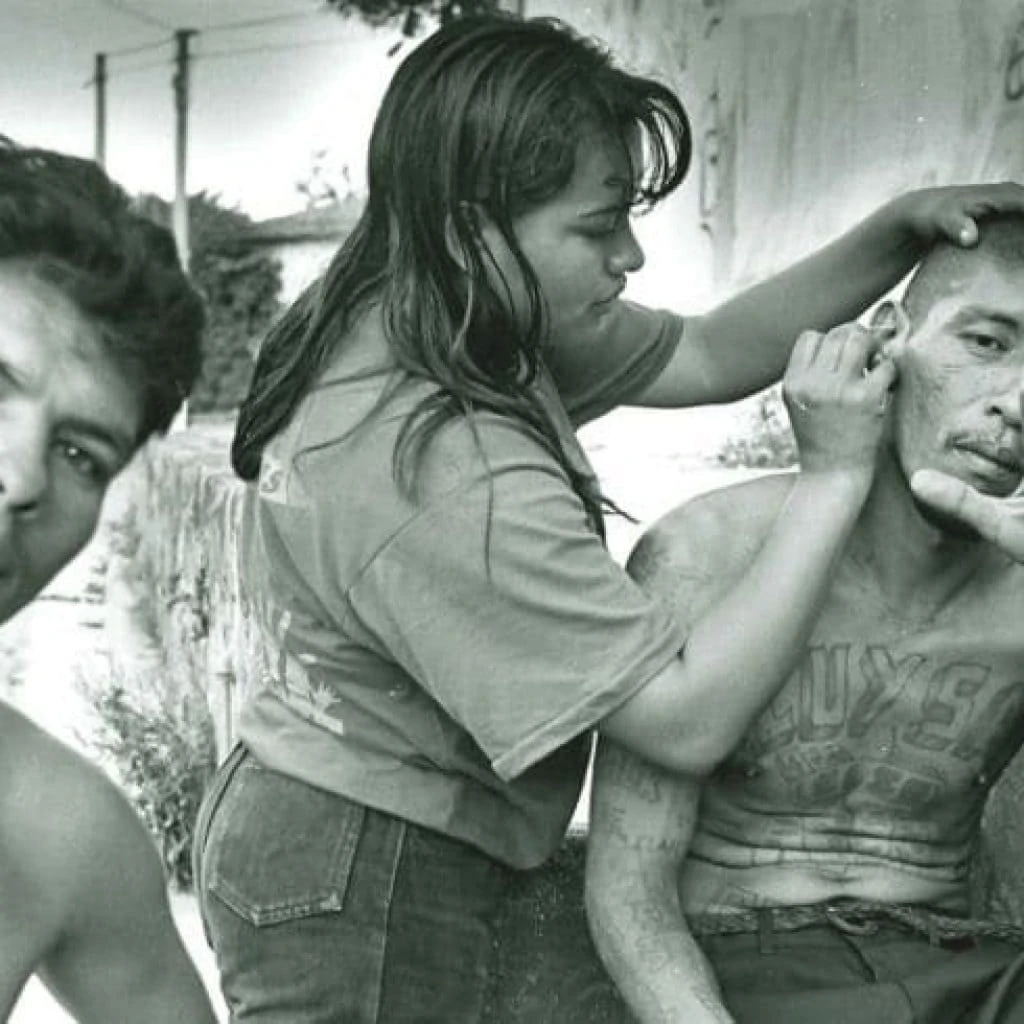Although there has been movement in the negotiations with the maras in El Salvador and hopes for peace have been raised, the criminal gangs have not stopped recruiting young people. A short update from our National Coordinator Annette Homlicher.
In 2011 El Salvador was categorized by the United Nations as the most violent country in the world. In April this year, it became known that a military chaplain had begun negotiations with the maras, the criminal gangs. His aim was to achieve a reduction in the murder rate, which was 12 to 14 murder victims per day. In return, the demands of the imprisoned mara leaders were to be met. They wanted to be transferred from the high security wing to a regular prison. Although they denied this at first, it soon became clear that the government was behind the negotiating efforts. Since the prisoners were transferred, the number of murders has dropped by 60%, which the population perceived with great relief. Female members of the maras in the prisons also issued a statement in which they asked the population to forgive them. The maras also handed in some weapons and agreed to withdraw from schools. For the first time in decades, a window of peace seems to have opened in El Salvador.
The calm is deceptive
However, partner organisations of terre des hommes schweiz report that the maras in the districts continued to recruit young people, extortion continued to take place and attacks on buses even increased. Clearly, a sustainable peace requires considerable long-term efforts in the area of violence prevention. The experiences of terre des hommes schweiz in El Salvador show that concerted action is needed to counter violence. Young people who have found their self-confidence, family substitutes and a livelihood in the gangs need alternatives. The partner organisations that work with these young people or carry out prevention work in the urban districts therefore pursue the approach of integrating the young people at risk rather than excluding them as a risk group. This includes psychosocial support, creative initiatives or efforts in the districts that change the role of young people and offer economic opportunities for them. Dialogues and further training for teachers and the police are also an important part of prevention work.


